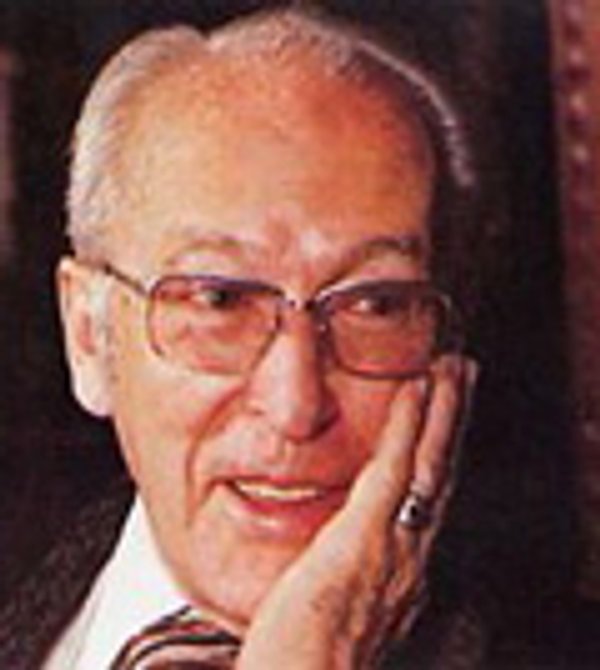Prayer card in pdf format for the Servant of God Doctor Ernesto Cofiño
News about the Canonization Cause of Dr. Ernesto Cofiño is now available in English in the section for Canonization Causes on this website.
Ernesto Cofiño Ubico was born in Guatemala City on June 5, 1899. After finishing high school, he went on to study medicine at the Sorbonne in Paris, and graduated with honors as a surgeon in 1929. In 1933 he married Clemencia Samayoa Rubio, and started a family that eventually would have five children.
On returning to Guatemala he dedicated himself wholeheartedly to his work as a doctor. Besides looking after the physical health of his patients, he tried to assist them in their personal difficulties as well.
His strong faith in God and deep respect for human life led him to foster and defend the right to life from conception and care for life until natural death. He inspired and promoted organizations that work for the good of future mothers, street children and orphans. He worked in many of these organizations himself, and was instrumental in financing homes for the needy and centers of social assistance and served as Director of the National Hospice Center for four years.
A pioneer in pediatric research in Guatemala, he created the chair of Pediatrics in the Medical Faculty at the University of San Carlos, where he was professor for twenty-four years. The University Medal was conferred on him in recognition of his generous dedication to teaching.
In 1956 he asked for admission to Opus Dei as a supernumerary. From that time on he deepened his relationship with God through prayer, mortification, daily Mass and Communion, and weekly confession. His devotion to our Lady grew and he became a great advocate of the daily recital of the Rosary. He also studied diligently to acquire a solid doctrinal grounding for his work.
He intensified his apostolate and sought to communicate his joy and generosity to many other people. He encouraged them to help promote Christian social projects, with their prayer and financial support, and put many hours into those projects himself, determined to make the Church’s social teaching a reality.
He was heroic in helping organize training and educational programs for women from very poor backgrounds and other works of charitable assistance, continuing this work right up to his ninety-second year.
After a long and painful illness, which he bore serenely and without complaining, he died of cancer on October 17, 1991, in Guatemala City.
